A shifting regulatory landscape is bringing the environmental impact of refrigerants into sharper focus. Sustainable refrigerants such as Chemours’ Opteon™ XL and Opteon™ and Opteon™ XP can bring significant greenhouse gas emissions reductions as well as complying with the EU’s ever-more stringent environmental regulations in a wide variety of sectors covered by the EU’s Green Deal. That is because refrigerants based on HFO (Hydrofluoroolefins) have zero Ozone Depletion (ODP) potential and lower Global Warming Potential (GWP), placing them among the most environmentally sustainable refrigerants on the market.
Sustainable mobility
Among other targets, the European Green Deal aims to reduce greenhouse gas emissions in transport, where 70% of total emissions come from road transport (automobiles), by 90% by 2050. New fluorochemicals, such as Chemours’ Opteon™ YF, significantly lower the global warming potential of automobile refrigeration.
Opteon™ replaced existing refrigerants in over 68 million cars on the road by the end of 2019, equivalent to taking 10 million cars off the road each year in terms of air conditioning greenhouse gas emissions savings. This breakthrough technology reduces the global warming impact of mobile air conditioning refrigerants by more than 99% compared to previous generation refrigerants. At the end of 2018, HFO technology Opteon™ YF, already resulted in an aggregate reduction of nearly 66 million tons of CO2, or the equivalent of emissions from 14 million cars.
Food waste reduction
EU food waste related to wholesale, retail and markets sectors alone amounts to 4.6 million tons. This is equivalent to 9kg per person per year. Refrigeration equipment reliability play a key role in the improvement of the cold chain, determining how effectively perishable waste can be reduced. The European Green Deal aims to halve EU per capita food waste at retail and consumer levels by 2030 and refrigerants like Opteon™ are critical to ensure Europeans have safe access to food while reducing food waste by preserving perishables shelf life.
Better health, environmental protection and increased global competitiveness of the EU food supply chain requires an efficient cold chain that effectively minimises perishable waste and thus greenhouse gas emissions. The cold chain can only operate effectively and be energy efficient by using high-performance refrigerants and insulation foams. Opteon™ technology makes that happen.
Thermal efficiency of buildings
Building and renovating in an energy and resource-efficient way is also a requirement for present and future households. Buildings account for 40% of energy consumed in the EU. As part of the goals set forth by the Green Deal, the current rates of renovation of public and private buildings should at least double.
Domestic heat pumps represent one of the most effective options to reduce the energy requirements of household heating and cooling needs. Opteon™XL refrigerants provide a safe and efficient cooling media to support the growing number of domestic heat pumps deployed in Europe (experiencing a double-digit yearly growth according to EHPA projections).
Furthermore, the use of sustainable foam blowing agents is vital to increase building energy efficiency and strengthening building climate proofing – a key component of EU Green Deal’s New Renovation Initiatives.
Therefore, increased building insulation through blowing agents like Opteon™ offers great potential for achieving significant GHG emission reductions. These products have been widely used as insulation foam blowing agents due to their technical performance and non-flammability and they can help reduce energy consumption in EU homes.
Read more:

